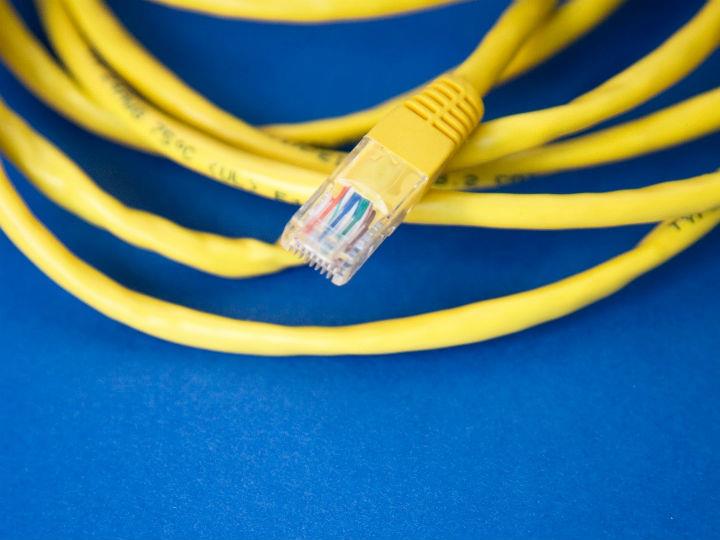The European Commission today launched an antitrust competition inquiry into the sector of Internet of Things (IoT) for consumer-related products and services in the European Union.
The sector inquiry will focus on consumer-related products and services that are connected to a network and can be controlled at a distance, for example via a voice assistant or mobile device. These include smart home appliances and wearable devices. Knowledge about the market gained through the inquiry will contribute to the Commission’s enforcement of competition law in this sector.
Executive Vice-President Margrethe Vestager, in charge of competition policy, said: "The consumer Internet of Things is expected to grow significantly in the coming years and become commonplace in the daily lives of European consumers. Imagine a smart fridge making your grocery list, you pulling up that grocery list onto your smart device and order a delivery from a shop that sends the groceries to your door that unlocks automatically with a word. The possibilities seem endless. But access to large amounts of user data appears to be the key for success in this sector, so we have to make sure that market players are not using their control over such data to distort competition, or otherwise close off these markets for competitors.This sector inquiry will help us better understand the nature and likely effects of the possible competition problems in this sector.”
Despite the relatively early stage of development of the sector for the Internet of Things for consumer-related products and services in the European Union, there are indications that certain company practices may structurally distort competition. In particular, there are indications relating to restrictions of data access and interoperability, as well as certain forms of self-preferencing and practices linked to the use of proprietary standards. Internet of Things ecosystems are often characterised by strong network effects and economies of scale, which might lead to the fast emergence of dominant digital ecosystems and gatekeepers and might present tipping risks.
Therefore, through this competition sector inquiry, the Commission will gather market information to better understand the nature, prevalence and effects of these potential competition issues, and to assess them in light of EU antitrust rules.
The sector inquiry will cover products such as wearable devices (e.g. smart watches or fitness trackers) and connected consumer devices used in the smart home context, such as fridges, washing machines, smart TVs, smart speakers and lighting systems. The sector inquiry will also collect information about the services available via smart devices, such as music and video streaming services and about the voice assistants used to access them.
If, after analysing the results, the Commission identified specific competition concerns, it could open case investigations to ensure compliance with EU rules on restrictive business practices and abuse of dominant market positions (Articles 101 and 102 of the Treaty on the Functioning of the European Union - TFEU).
The inquiry complements other actions launched within the framework of the Commission’s digital strategy, in particular regulatory initiatives related to artificial intelligence (AI), data and digital platforms.
Next steps
In the coming weeks, the Commission will send requests for information to a range of players active in the Internet of Things for consumer-related products and services throughout the EU. The companies concerned may include, for example, smart device manufacturers, software developers and related service providers. Under EU antitrust rules the Commission can require companies and trade associations to supply information, documents or statements as part of a sector inquiry.
*Source: European Commission




 By: N. Peter Kramer
By: N. Peter Kramer
